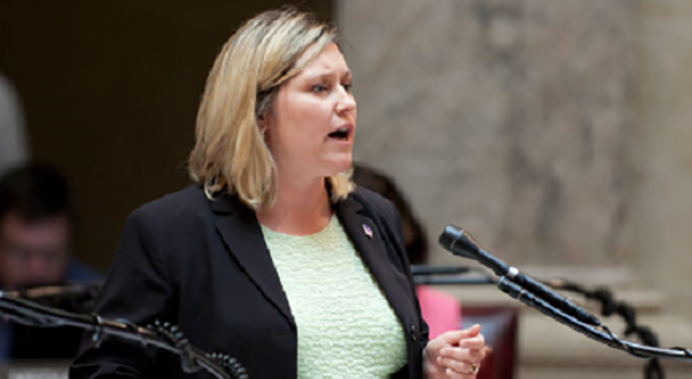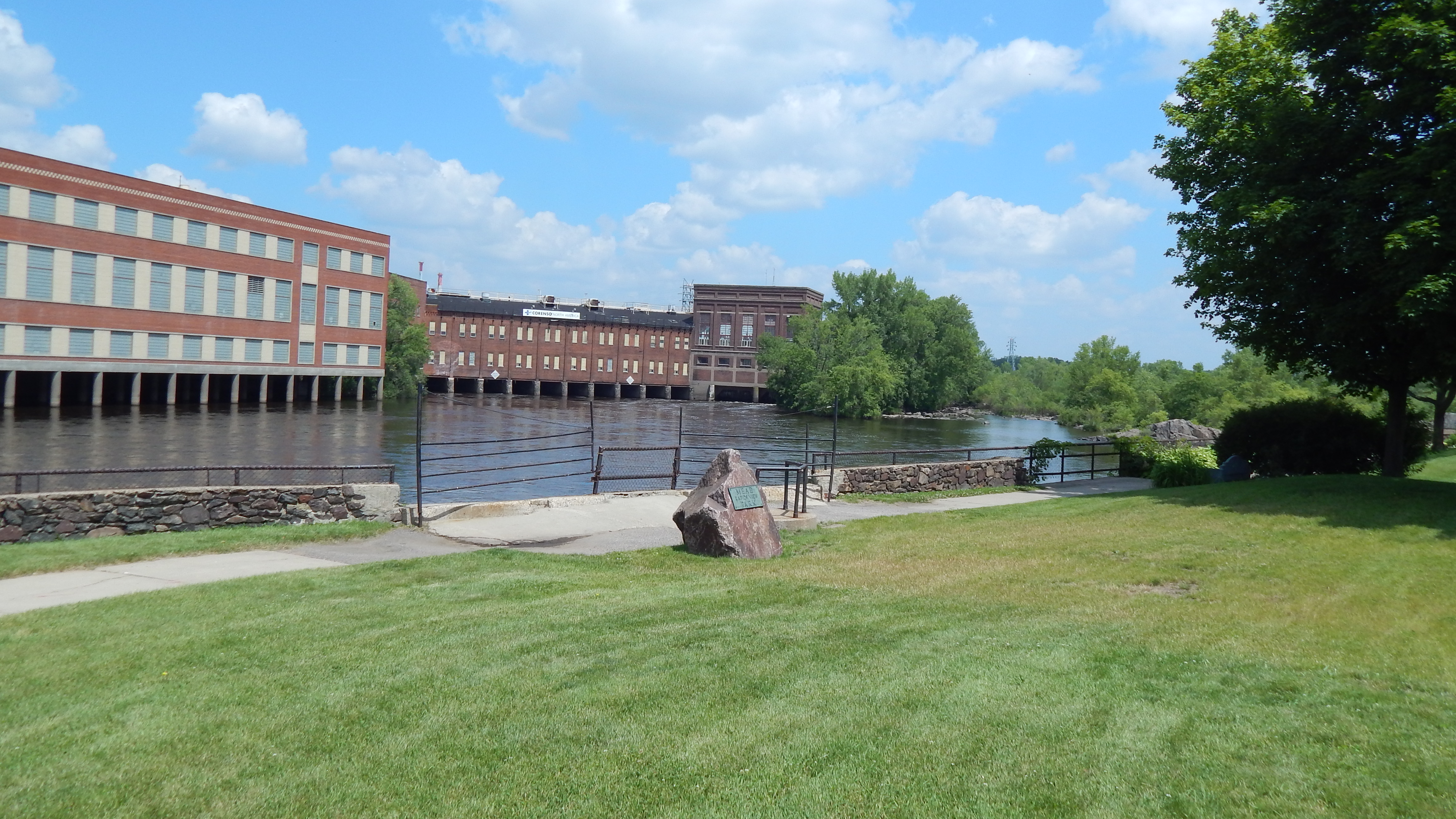Lassa: State Bee Population Hit Hard

By State Senator Julie Lassa
A honey bee drifting from flower to flower is a familiar sight on a summer day. But Wisconsin’s bees are struggling, and the one you see in your garden may be a recent immigrant from California.
Wisconsin lost nearly two thirds of its honey bee population last winter, according to the USDA. It is normal for bee keepers to lose bees over the winter, but that loss usually falls in a range of 10 to 20 percent. In recent years, Wisconsin’s winter die-off rate has been around 30 percent, making last winter’s kill unusually severe. With the national die-off rate at 44 percent, Wisconsin was one of the hardest-hit states for bee loss. As a result of such severe losses, many beekeepers have had to import bees from states like California to restock their hives, adding thousands of dollars to their cost of production.
The loss of bees doesn’t just affect the price of a jar of honey. The insects serve as vital pollinators for plants of all kinds, especially a wide range of food crops. Native bees and other insects also play a role in crop pollination, but honey bees are especially important because their hives can be moved to where crops such as cranberries need a high population of insect pollinators.
Since honey bees are essential for cranberry production, such a massive bee die off should be of concern to those of us who live in a state where cranberry production contributes nearly $300 million to the economy. Honey bees also play a role in pollinating green beans, tomatoes, squash, pumpkins, zucchini, apples, berries, melons, and many other crops. If you’re concerned about the agricultural economy of central and western Wisconsin – or you just like to eat – you should care about the health of honey bees.
Experts think that a variety of causes are combining to threaten honey bees. One of the chief culprits is the verroa mite, which weakens honey bees by feeding on their blood. The mites also carry a host of viruses that are fatal to bees. Other fungal and bacterial infections can harm bees as well. Many believe that the bees’ susceptibility to disease may be enhanced by contact with pesticides. Practices such as moving bees around the country or combining bees from failing hives with healthier populations may help spread contamination or disease.
While there is no easy answer to protecting the honey bee population, there are things we can do to promote their health. Farmers can use safer alternative pesticides or apply pesticide at times when bees aren’t present. Bee keepers can treat hives that are infected with verroa mites and other diseases, and avoid moving bees in ways that add to their stress or spread disease. Each of us can be sparing and cautious in our use of pesticides and other chemicals. We can also plant wildflower gardens to provide more food for our pollinators.
The Wisconsin Apiary Program at the Department of Agriculture, Trade and Consumer Protection does free hive inspections and educates beekeepers on best practices to prevent threats to bee health; they can be reached at (608) 224-4572. The DATCP website has tips for beekeepers, gardeners, farmers and others for keeping pollinators healthy. Just go to datcp.wi.gov and search for the Wisconsin Pollinator Protection Plan.
The declining bee population is one more reminder of the effect humans have on the intricate balance of life, an effect that can come back to harm us in unexpected ways. When we protect our air, water, and soil, we help the bees – and we’re also helping ourselves.





